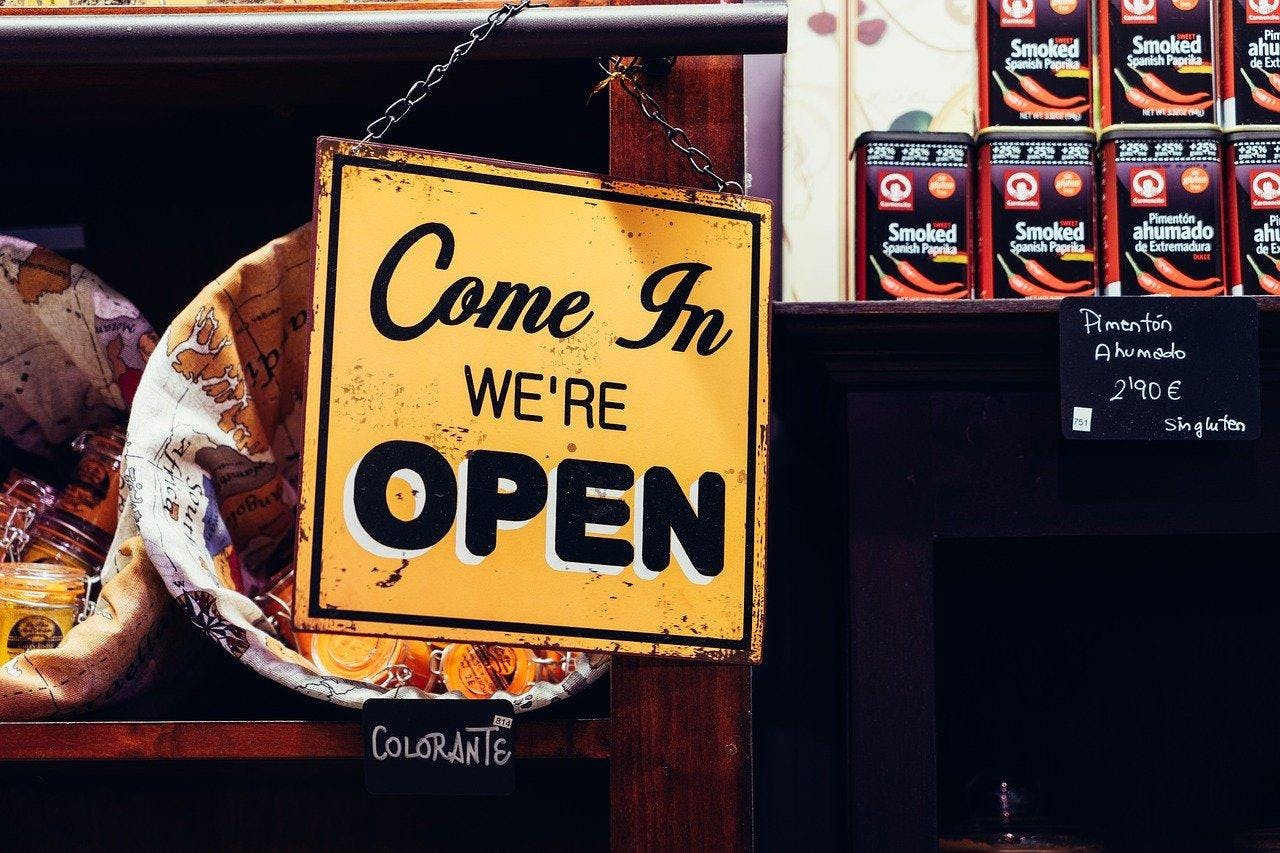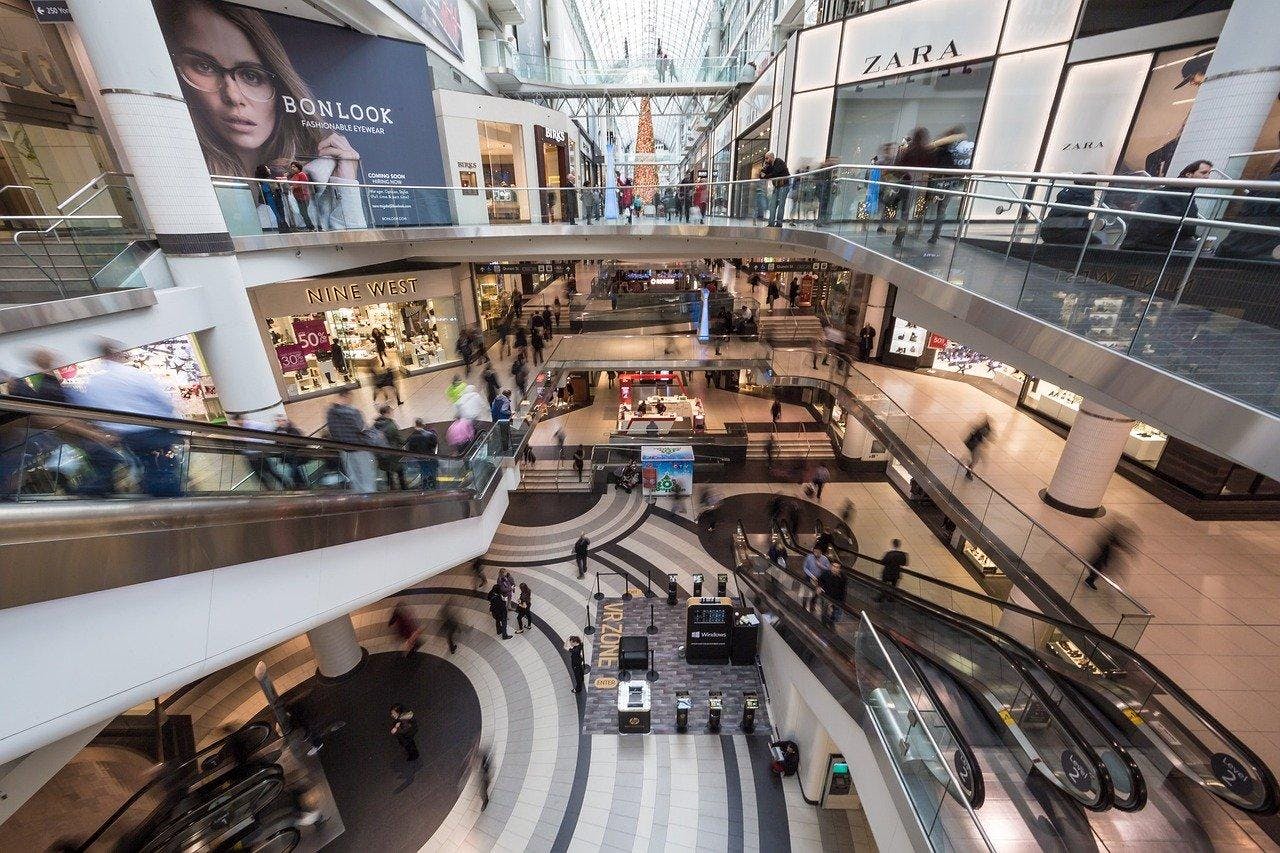
NOTICE
You are being transferred to Angel Loans (Silverline Autos Limited). LoanOnYourCar (J2P Autos Limited) does not receive any commission or fee from Angel Loans for referrals or transactions.
Press proceed to continue.
18.06.2020 by Dimi V

COVID-19 and the resulting lockdown has impacted the world in a variety of ways. This article discusses the impact on personal finance, small businesses, and the action individuals can take in this brave new world.
The impact of the coronavirus has been widely felt through the UK. Almost immediately, businesses and private individuals were put under immense financial pressure as a full nationwide lockdown was implemented. While the government desperately tried to shield individuals and companies from the worst with various schemes including a furlough initiative that covered 80% of payments for employees who were kept on, many people were still hit hard. This is particularly true for the self-employed who waited an additional two months before a similar scheme to the furlough system was put in place.
It was expected that the lockdown would cause debt to build rapidly, but has this been the case? How have people and small businesses been dealing with the financial impact of the lockdown and the coronavirus crisis?
It would be reasonable to assume that debt would increase through the lockdown with more people relying on credit to pay their bills and cover the costs while they have been unable to work. However, according to recent reports, this is not the case.
Indeed, research suggests that UK households have reacted differently by paying off the credit card and loan debts through the lockdown. A total of £7.4bn has been repaid with credit card debts being reduced by £5bn in one month. It’s worth noting this is double the previous record level of payment that was set just a month before. Outstanding loan balances also declined by £2.4bn.
What caused this surge in repayments? Experts are attributing it to a decline in demand to use credit cards as well as personal loans. This could be due to the fact holidays are no longer easily accessible and the highstreets have been closed. It seems with limited places to spend, consumers have become more frugal with their spending. In total, spending fell by 36.5% through April. This was again largely based on a reduction in travel as well as spending in bars, pubs and restaurants. One of the rare areas where spending increased was in supermarkets which rose by 14.3% as consumers began cooking more meals at home.
Of course, there were also attractive incentives in place including payment holidays for general loans and car finance payments that lasted one month as well as mortgage holidays that stretched across three months. Interest rates also declined 11%, meaning that loan repayments became far more affordable.
Despite many people taking advantage of lower interest rates, certain groups are being hit harder than others. Reports suggest that financially, it is the youngest and oldest workers who have been the most severely impacted, due to a low level of savings and less of an opportunity to cut their spending. People have also been impacted disproportionately depending on the region. For instance, in London, a higher proportion of their income pays for essentials such as rent, so there is less opportunity to benefit from cuts on luxury spending.

Many experts have voiced hope that people would continue to reign in their spending, even after the nation begins to emerge from lockdown. Some suggest that spending habits may have permanently changed with 31% of individuals polled planning to cut back on non-essential spending.
However, this is unlikely to be the case. As soon as non-essential shops reopened, demand began to surge once more. According to Springboard, by 17:00 footfall in London was 38.8% higher than the previous week, as queues were seen in major outlet locations including Nike, Primark and Footlocker.
However, there is also a growing concern of a more significant economic downturn in the future. Indeed it has already been suggested that when the furlough scheme inevitably wraps up in October, the UK could face three massive waves of unemployment. Some analysts are predicting that this could be the greatest hit to employment in 25 years. Even if people can return to their jobs, it’s unlikely that they will be able to work the same hours as businesses adapt to new social distancing policies and potentially, reductions in demand.
Individuals will need to find paths to deal with new financial challenges in the future. While many have found success paying off debts through the lockdown, others won’t have been so lucky. They will need to explore loan options to cover the debt that they have accumulated when they were unable to pay for their bills or handle essential costs. It is essential to choose the right type of loan. For instance, rather than opting for a logbook loan, a vehicle equity release could be the better option. A loan against your car like this will provide complete flexibility and crucially, allow you to maintain ownership. This means that you can pay back the loan over a period that suits your income which could be unstable right now.
Experts are also highlighting the lockdown as an important lesson in the value of saving. Indeed, those who were least impacted by the lockdown did have a substantial level in savings to fall back on. Experts are suggesting that individuals work to build up their savings and increase what they are saving per month. With interest rates remaining low, savings accounts are unlikely to provide much of a benefit right now. This is why it will also be important to focus on managing spending. Consumers will need to be careful not to immediately jump back to their original spending habits, particularly as a deep recession looms.
Saving will also be necessary for those thinking about significant future investments. Lenders like Nationwide have already announced their plan to triple the deposit requirement for a mortgage on a new property. Other secure lenders are likely to follow suit as they attempt to ensure that only those who provide low levels of risk can gain credit on the market right now.
It will also be important for consumers to build up their credit score before the recession hits. This will open more opportunities to borrow money and avoid higher interest rates are penalties. One of the best ways to build up your score is to borrow money that you know you can afford to pay back and make payments regularly. As we emerge from the lockdown, you should also be getting back into the habit of paying your bills on time if you have fallen behind during this period of uncertainty.
Small businesses have been some of the hardest hit by the lockdown, particularly in certain sectors. For instance, many companies in the hospitality sector are still closed for the foreseeable future, and there are reports that a lot of smaller companies won’t be able to reopen their doors. Some will not be able to cope with the drop in profits caused by social distancing while others have been unable to stay in the green through the crisis.
Self-employed individuals have been able to access a payment scheme through the government capped at £7500 for three months for a total of 80% of their earnings. However, for many self-employed individuals, this has not been enough to cover the costs. As well as this, some have been unable to claim due to starting their business too late.
Similar to the furlough scheme, the self-employed scheme is expected to dry up around October. As such, businesses will need to explore alternative paths of support to handle financial constraints. Small businesses can explore loans to cover costs. It is crucial when seeking a loan like this that business owners do understand the costs and requirements.
Many experts have also suggested that the period post lockdown could be the right time to start a new business. This is not a fresh concept, and numerous successful businesses have started their life during a recession. Indeed, both Uber and Airbnb were set up during the global financial crisis that occurred between 2007 and 2009. Some experts suggest that businesses set up during a recession are more robust and built for longevity.
Currently, the World Bank is predicting that the economy will shrink by 5.2%. This is the worst performance since the aftermath of World War Two. However, people are already taking the opportunity to set up new businesses. In the US alone, over 67,000 applications were set up for new companies through May.
It’s clear then that the impact of the coronavirus has been both significant and diverse with various trends in changing to spending and the management of debt. Both small businesses and individuals do face significant challenges in the future as the world continues to adapt post-COVID-19. However, there are options available for those who are looking to improve their financial situation and stand on their own two feet once more.